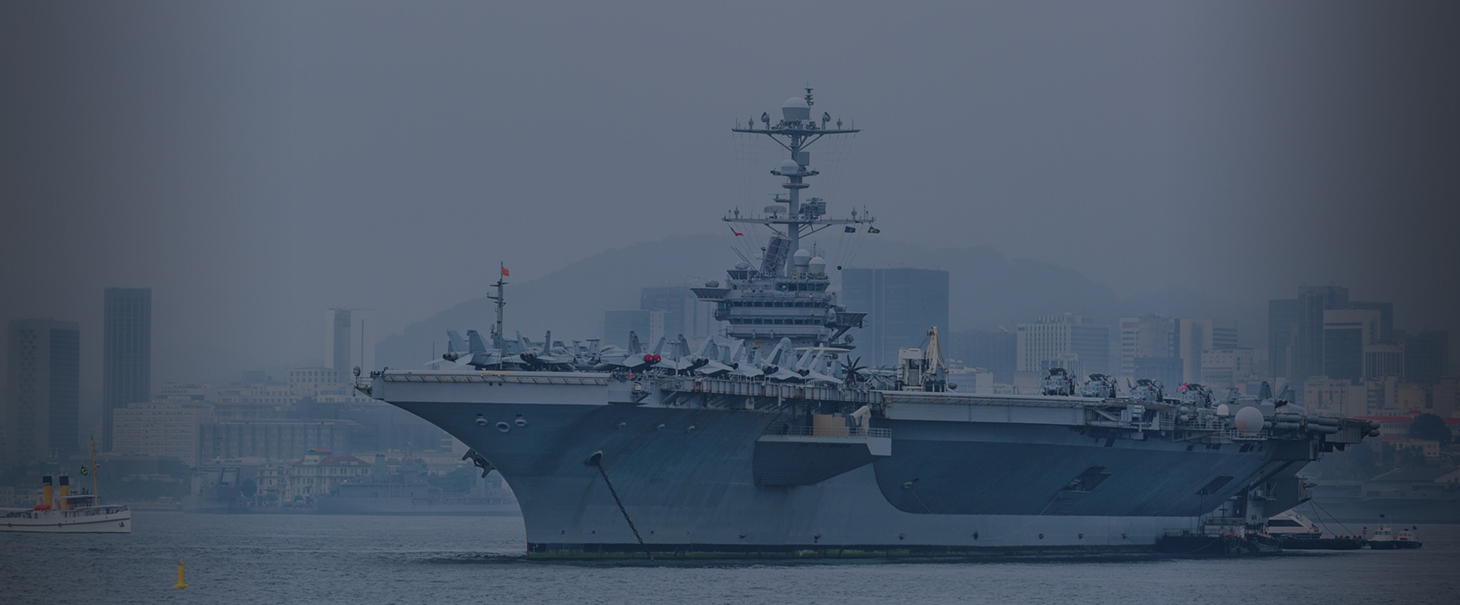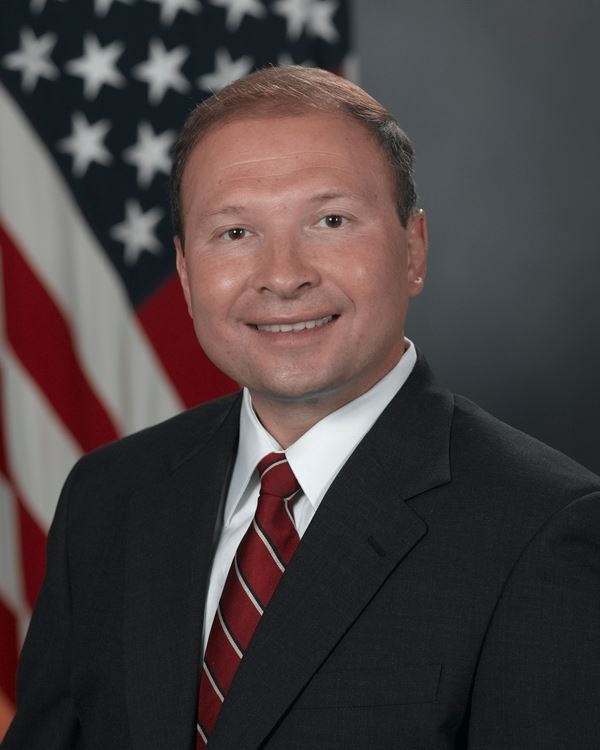EXPERT
Issues
Locations
DOWNLOAD
Sunday, April 19th marks the 16th anniversary of the training accident that sparked our Navy’s worst defeat since Pearl Harbor. Soaring over the eastern tip of Vieques Island, off Puerto Rico’s coast, a Marine Corps F/A-18 Hornet dropped two 500-pound bombs near the hillside observation post over a mile from the target range, killing a local civilian guard named David Sanes Rodriguez. The “Paz Para Vieques,” a.k.a. Peace for Vieques movement was born. By 2003, the Navy was evicted from its Atlantic Fleet training facility and the following year pulled out of Puerto Rico entirely. As the Navy’s senior spokesman in Puerto Rico from 1999-2001, based across the strait at Roosevelt Roads Naval Station, I had a ringside seat to see how it unfolded. The day after the accident, I accompanied my boss, then-Rear Admiral Terry Etnyre to La Fortaleza, the Governor’s Mansion to deliver a condolence letter from Secretary of the Navy, Richard Danzig. Governor Pedro Rosselló, head of the pro-statehood party was gracious, though insisted that the Navy stop “live fire” exercises with real bombs. He warned that if we can’t show progress together, the opposition pro-commonwealth and independence parties would take this to another level due to long simmering tensions about Puerto Rico’s status. So we relayed the message up the chain of command and the answer was a resounding “no.” Both sides dug in. Navy Admirals at headquarters in Norfolk, Va. and Washington, DC knew they had the facts and the law on their side. Two thirds of Vieques was Navy property, bought fairly during World War II as an emergency sanctuary for the British Navy in case of Nazi invasion. Since the target zone on the island’s eastern tip was about a dozen miles away from the civilian populations in Isabela Segunda and Esperanza, they knew the actual impact on Viequenses was minimal to none. And they knew Vieques was vital to national security, the only place to train along the East Coast with Navy/Marine Corps live fire exercises. The so-called “crown jewel” of the Atlantic Fleet. Too big to fail. Governor Rosselló’s warning came true. Independence party leader and Cuban regime ally, Rubén Berríos set up a beachside protestor camp at the training range which stopped exercises for a year. He attracted worldwide headlines after being dragged out alongside 200 other activists by U.S. Marshalls during May 2000. Rosselló’s hand-picked successor, Carlos Pesquera, was a casualty too, defeated later that year by the pro-commonwealth party leader, San Juan Mayor Sila María Calderón, who had made “Fuera La Marina,” a.k.a. Navy Out, her top campaign issue. Berríos, Calderón and other local leaders said the Navy was violating human rights in Vieques, poisoning the people and destroying the environment. Among a constant stream of dubious and exaggerated claims, they cited statistics from the Puerto Rico Cancer Registry that the cancer rate was 27% higher than on mainland Puerto Rico. In reality, they cherry-picked that bloated figure from a batch which showed the cancer rates were comparable over a 20-year period. They ignored statistical anomalies to compare Puerto Rico’s 3.8 million to just 9,300 people in Vieques. And didn’t mention how Vieques residents had a higher proportion of the elderly who are far more likely to get cancer. Over time, thanks to inflammatory media coverage and celebrity endorsements, most people came to accept the disingenuous allegations as truth. Left-wing activists then woke up the ghosts of “colonialism” and flocked to Vieques, craving the headlines and raising dollars for their organizations. Al Sharpton, Robert Kennedy Jr., actor Edward James Olmos and hundreds of others stormed the beaches to stop training exercises and then served jail time. Congressman Luis Gutierrez, a Democrat from Chicago was also arrested. Champion boxer Tito Trinidad wrote “Paz” on his wrist tape for matches. Human rights activists from Guatemala’s Rigoberta Menchu to South Africa’s Desmond Tutu weighed in. So did then-Senator Hillary Clinton, visiting Kennedy in a San Juan jail during 2001. As the Navy would painfully learn, the facts didn’t matter. Both federal agencies with oversight roles, the Center for Disease Control (CDC) and the Agency for Toxic Substances and Disease Registry (ATSDR) thoroughly debunked the health claims linking the Navy to Vieques residents after years of exhaustive studies. So what’s the lesson? The military can be crushed without bullets and bombs. In today’s world of asymmetric warfare, winning the battle of ideas can trump combat operations. Modern weapons include false flags over human rights, health and the environment; charges of colonialism, racism and bigotry; and constant repetition from surrogates in the media. To prevent disasters like at Vieques, America’s military leaders need to be more politically attuned and devote more efforts on local community relations. Yes, jobs matter. So do constant dialogue and genuine friendship. Hiding behind the law, relying on patriotism or counting on Washington aren’t good strategies. Once mass protests begin at the gates, it’s half-way to lights out. Like legendary Speaker of the House, Boston’s Tip O’Neill used to say, “all politics is local.” So true. read more at Fox News Latino


 J.D. Gordon
J.D. Gordon